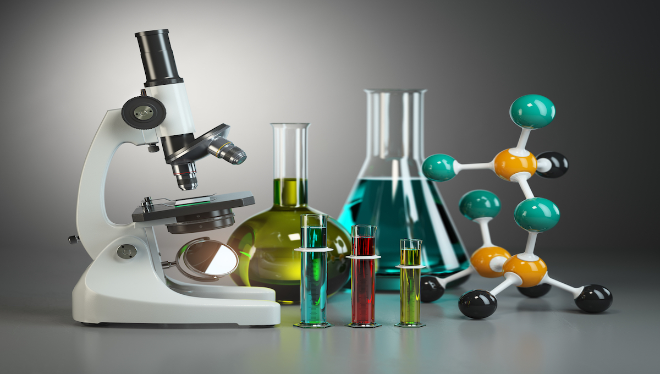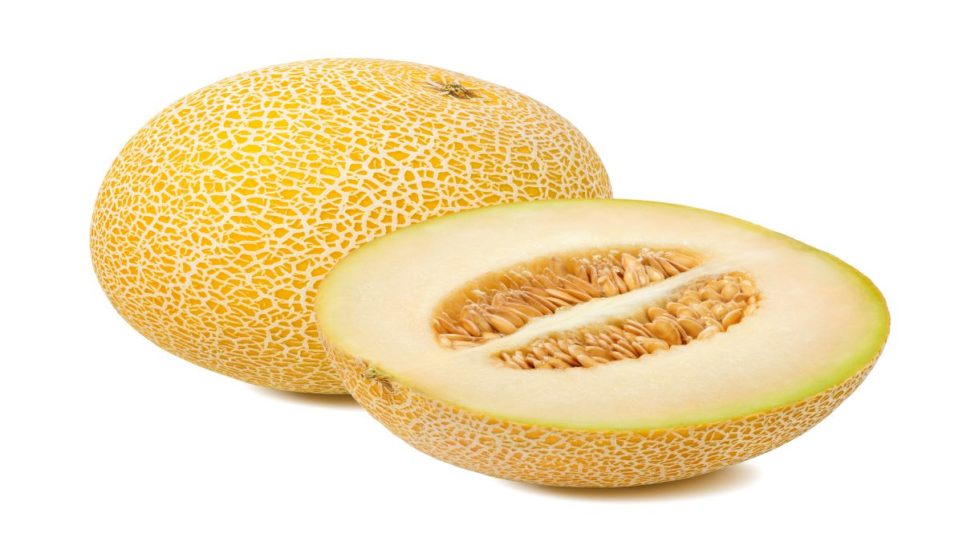Welcome to Safe Food Mitra
Welcome to Safe Food Mitra

During the same week that the Food and Drug Administration re-affirmed its approval of Atlantic salmon with an intentionally altered genome, the agency also permitted the growth of chicken from animal cells in laboratories.
The approval went to a specific company, UPSIDE FOODS. The company is a leader among those wanting to harvest cells from animals and then use the cells to grow meat and poultry in lab settings.
The federal government’s dual regulatory system for cell-grown meat and poultry means UPSIDE next must pass inspections by USDA’s Food Safety and Inspection Service.
UPSIDE’s David Kay says the company is “thrilled” with FDA’s decision. “This historic step paves the way for our path to market,” he said.
The additional steps required mean FDA’s decision falls short of approval and at this point applies only to UPSIDE’s products. In the announcement, the FDA said it was prepared to work with others to develop cultured animal cell food.
FDA and USDA’s FSIS agreed in 2019 to jointly regulate the cell-cultured meat business.
FDA Commissioner Robert M. Califf and Susan T. Mayne, Center for Food Safety and Applied Nutrition director, began the announcement by saying: “The world is experiencing a food revolution, and the U.S. Food and Drug Administration is committed to supporting innovation in the food supply.”
The agency evaluated the information submitted by UPSIDE as part of a pre-market consultation for their food made from cultured chicken cells and has no further questions at this time about the firm’s safety conclusion.
Califf and Mayne said advancements in cell culture technology are enabling food developers to use animal cells obtained from livestock, poultry, and seafood in the production of food, with these products expected to be ready for the U.S. market in the near future.
They say the FDA’s goal is to support innovation in food technologies while always maintaining as the first priority the safety of the foods available to U.S. consumers. The FDA has extensive experience in food safety assessment across a wide range of food production technologies, including the use of biological systems and biotechnology.
The agency is evaluating new substances all the time as industry practices evolve to meet consumer demands and preferences. Food made with cultured animal cells must meet the same stringent requirements, including safety requirements, as all other food regulated by the FDA.
Earlier FDA re-affirmed the intentionally altered genome for Atlantic salmon. That original decision in 2015 has allowed the development of AquaBounty and its AquAdvantage “big ” salmon.

The European Commission has tightened the rules around imports of Galia melons from Honduras because of a recent Salmonella outbreak. Emergence of...
foodsafetynews.com
Populars Courses

